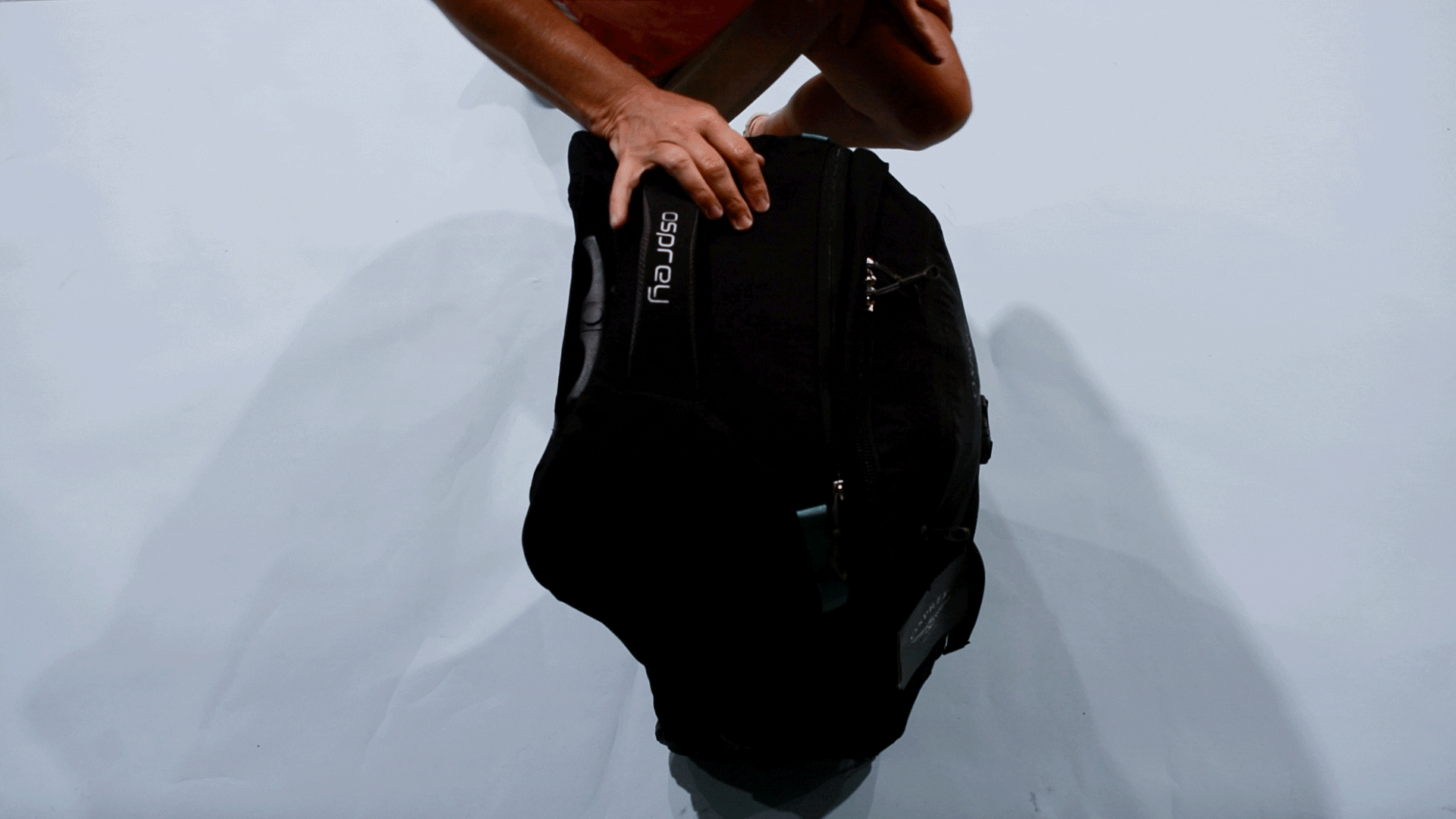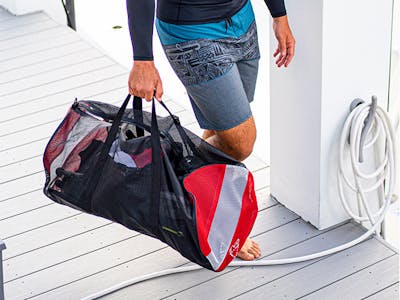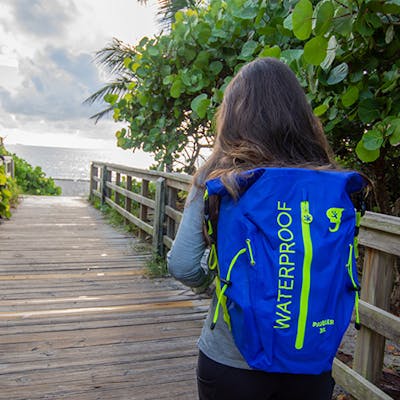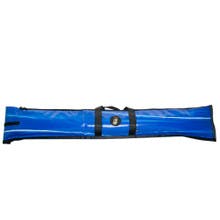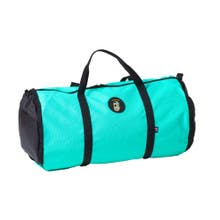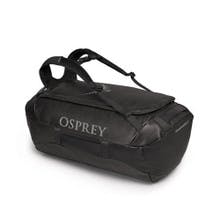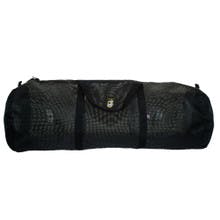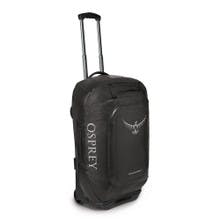Any time you’re diving with a regulator, we highly recommend keeping it in a regulator bag. This is a specialized and somewhat delicate piece of gear that we want to protect. Simply separating your regulator from your other gear goes a long way to extending its life and reducing the maintenance you’ll have to put it through. A good regulator bag is well worth it.
Another item that we take extra special care of is our Dive Computer. A small Dive Computer bag is another worthy investment as it protects your computer, screen, and buttons from your other gear. Extending the life of your dive computer, this bag is a must have in our books.
An easy way to get your weights from home to the dive site (or boat) is a handy Weight bag. It might sound a bit extra; however, it saves the struggle of carrying your BC with the weights already in it along with all the other gear. With this handy bag, drop your weights in and carry them separate, saving your back and your gear from additional wear and tear.
Travel Bags
Packing cubes and toiletries bags go a long way to organizing your gear. Whether it’s a day trip, month-long trip, or anything in between, these items are essential for keeping everything organized and easy to find.
There are two main approaches to packing cubes. Employing the first method, you pack all like items in each bag so you’d have all your shirts in one cube, all your shorts, pants, and leggings in one cube, etc. When using the second method, you pack all your clothes for each day or activity in one cube. No matter which method you choose, you’ll be organized and ready to go when you use packing cubes.
And never underestimate a good toiletries bag. Find one that gels with your style and you’ll find that you start and end your day on the road a little easier.
We take dive travel seriously, so much so that we took the time to put together a quick video on how to pack for dive travel.


